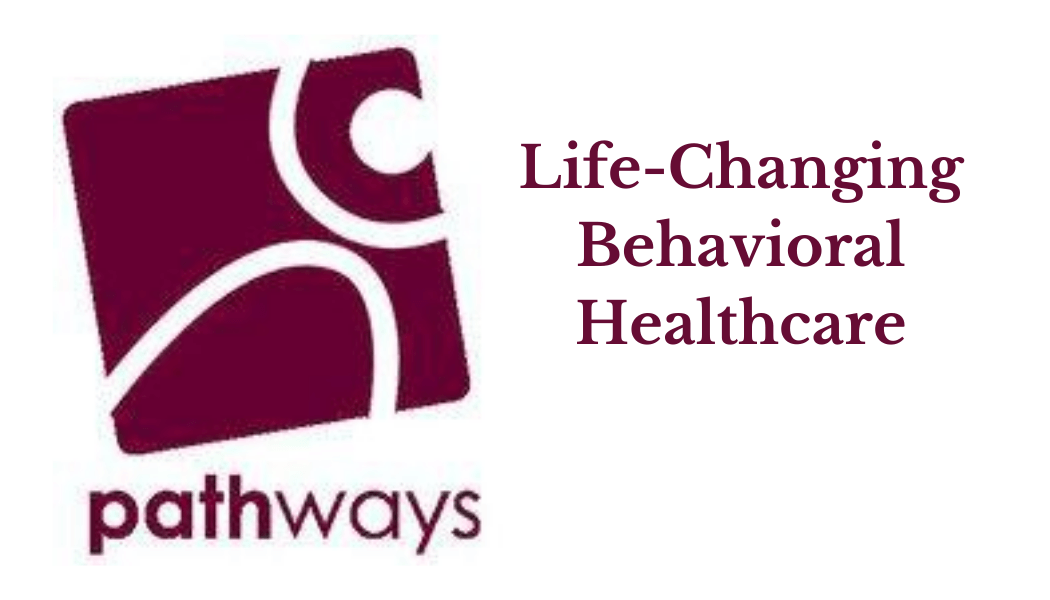Frequently Asked Questions
- Can health care providers, such as a specialist or hospital to whom a patient is referred for the first time, use protected health information to set up appointments without the patient’s written consent?
Yes. The HIPAA Privacy Rule does not require providers to obtain an individual’s consent prior to using or disclosing protected health information about him or her for treatment, payment, or health care operations.
- Are health care providers restricted from consulting with other providers about a patient’s condition without a patient’s written authorization?
No. Consulting with another health care provider about a patient is within the HIPAA Privacy Rule’s definition of “treatment” and, therefore, is permissible. In addition, a health care provider is expressly permitted to disclose protected health information about an individual to a health care provider for that provider’s treatment of the individual.
- Does the HIPAA Privacy Rule permit a provider or its collection agency to communicate with parties other than the patient (e.g., spouses or guardians) regarding payment of a bill?
Yes. The Privacy Rule permits a provider, or a business associate acting on behalf of a provider (e.g., a collection agency) to disclose protected health information as necessary to obtain payment for health care, and does not limit to whom such a disclosure may be made. Therefore, a provider, or its business associate, may contact persons other than the individual as necessary to obtain payment for health care services. However, the Privacy Rule requires a provider, or its business associate, to reasonably limit the amount of information disclosed for such purposes to the minimum necessary, as well as to abide by any reasonable requests for confidential communications and any agreed-to restrictions on the use or disclosure of protected health information.
- Does a physician need a patient’s written authorization to send a copy of a patient’s medical record to a specialist or other health care provider who will treat the patient?
No. The HIPAA Privacy Rule permits a health care provider to disclose protected health information about an individual, without the individual’s authorization, to another health care provider for that provider’s treatment of the individual.
- Is a provider permitted to contact another provider, to which a patient will be transferred for further treatment, without the patient’s authorization?
Yes. The HIPAA Privacy Rule permits a health care provider to disclose protected health information about an individual, without the individual's authorization, to another health care provider for that provider's treatment or payment purposes.



